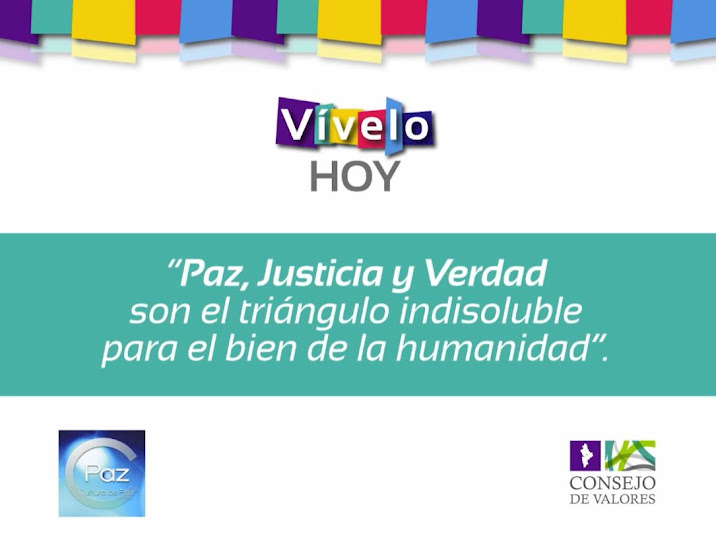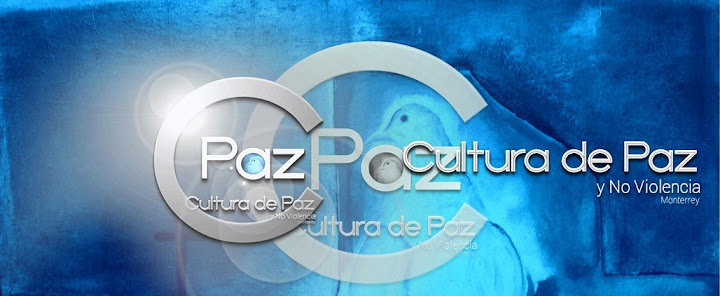The TRANSCEND-Peace
Development Environment Network started with geopolitical macro and mega
conflicts; many well known and dramatic. But conflicts in daily life, at
school, in couples-family, at work may be even more dramatic; at the micro
level within the persons involved, between them, in the context, and at the
meso level of social groups.
Macro and mega,
between states and regions, nations and civilizations, may also matter, like
micro personal and meso social conflicts matter for macro and mega conflicts
within and between negotiators-mediators. Any act of violence, like
bullying at school, quarrels in the family or at work may actually not express
hostility toward the victim but be directed toward the “system”. A
feeling of being trapped in general may be expressed as violence at school, in
a couple-family, at work.
But higher levels
generally prefer a lower level focus; not on them and the level they represent,
but at the bully or the quarrelsome person. Psychologists may be
mobilized to handle “the difficult person” when seen more deeply what is at
stake is a highly problematic system.
For a nonviolent
handling we have to have all levels in mind, and that is the essence of our SABONA
project, TRANSCEND in daily life. The word means in Zulu: “I see you”, I
take you in, all of you, all levels!
I present here a
table with three columns for the three types of “daily life”, and ten levels
for theory and practice. Lack of adequate analysis leads to single-level
reductionism and interventions at the wrong, usually meaning lower, levels.
For therapy
sensitivity to intra-column multi-level conflicts is indispensable, not only
focusing on perpetrator or victim and their narratives, but also on relations,
contexts, structures and cultures in which they are embedded. Sensitivity
to inter-column transfers of conflict energy is also needed, as frustrations in
one may easily come out as aggression in the other.

Difficult?
Yes, but knowledge helps. Thus, sitting down with perpetrator and victim,
one at a time, asking questions beyond their relations to each other, may
already be half the therapy.
Incidentally, it
also takes some of the brunt of the verbal or physical violence: there as more
to it than just the two of us. A worker-manager relation may have gone
very sour; it helps to ask both what could be done with workplace
organization. Maybe a change from company toward cooperative may help?
Thus, there are structures that are problematic regardless of the concrete
persons who enact the various roles.
And vice versa:
there are persons who are problematic regardless of the structure in which they
are embedded. We may have to search in micro and meso contexts like the
Freudian focus on the childhood. Not forgetting the Jungian focus on the
role of civilizations–.
Johan Galtung. Professor of peace studies, dr hc mult, is rector of the TRANSCEND Peace University-TPU. He is author of over 150 books on peace and related issues.

















